Publications
fp21 is building a new culture of foreign policy. Explore our publications below.

ISA2023 Roundtable Summary: Can Foreign Policy Decision-Making Be Made More Scientific?
Thomas Scherer: Top State Department officials maintain that diplomacy “is not a science.” But experts convened by fp21at the 2023 International Studies Association Convention largely affirmed that foreign policy can and should be more scientific.

How AI Could Revolutionize Diplomacy: From ChatGPT to quantum computing, emerging technologies will offer new tools for peacemaking
Andrew Moore: With advances in areas such as artificial intelligence, quantum computing, the internet of things, and distributed ledger technology, today’s emerging technologies will offer new tools and techniques for peacemaking that could impact every step of the process—from the earliest days of negotiations all the way to monitoring and enforcing agreements.
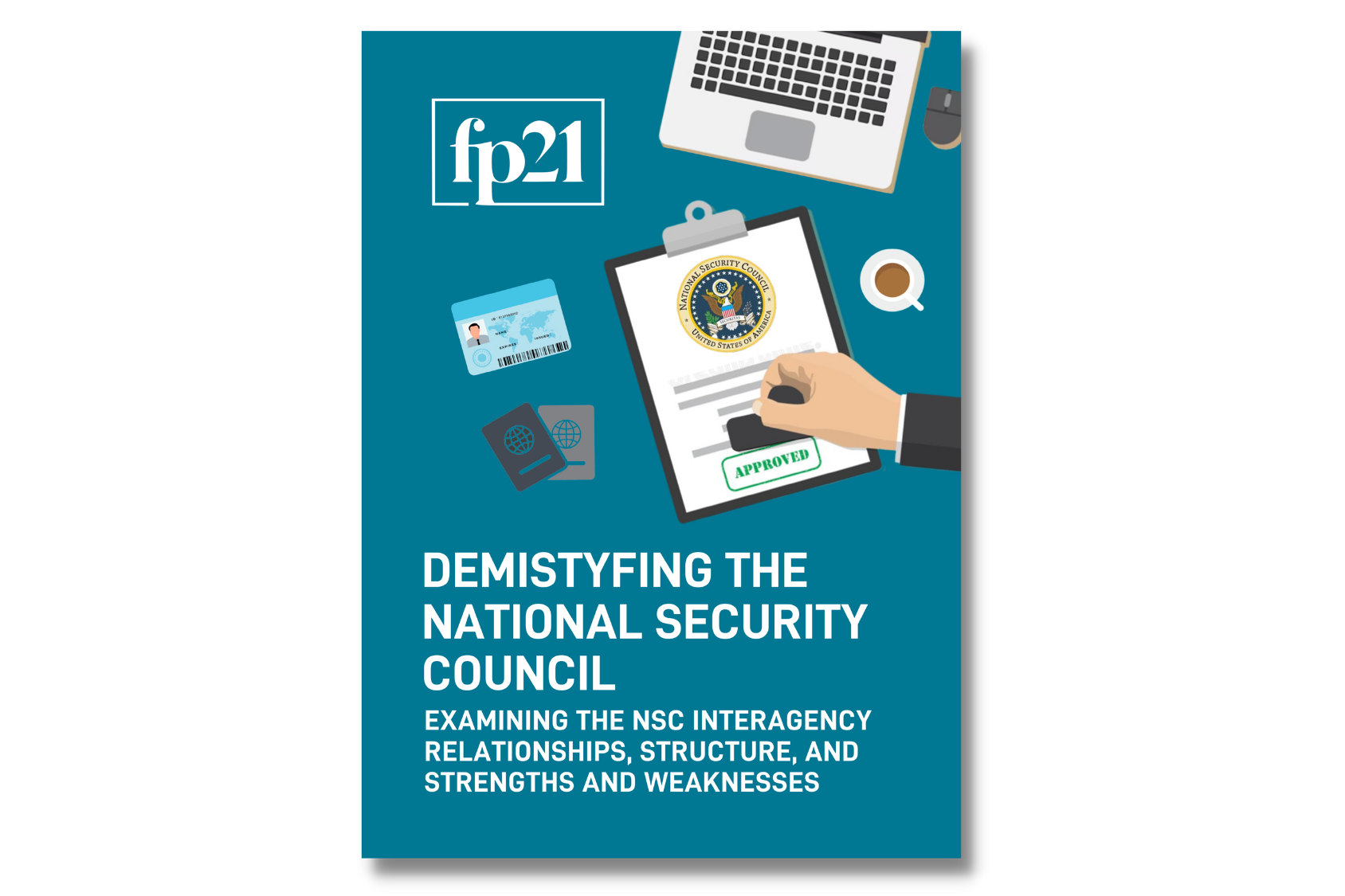
Demystifying The National Security Council: Examining the NSC interagency relationships, structure, and strengths and weaknesses
Alexandra Blum: Born in 1947, the National Security Council has become the central forum for shaping US national security. The NSC presents a vital case study of foreign policy reform given its constant evolution. This report unpacks how the NSC operates, who wields decision-making power, and how fourteen successive presidents have adapted it to respond to the priorities at hand. Understanding the NSC is foundational to recommending calibrated reforms for the rest of the national security apparatus.
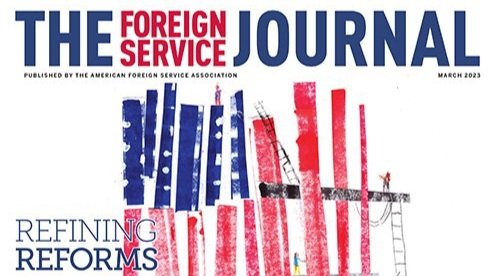
From Instinct to Evidence in Foreign Policy Decision-Making
Dan Spokojny: The modernization of the State Department and the return of diplomacy to its rightful place in the U.S. national security infrastructure—on top—will require more than small tweaks at the margins. Blinken’s modernization initiative is commendable, but more is required.
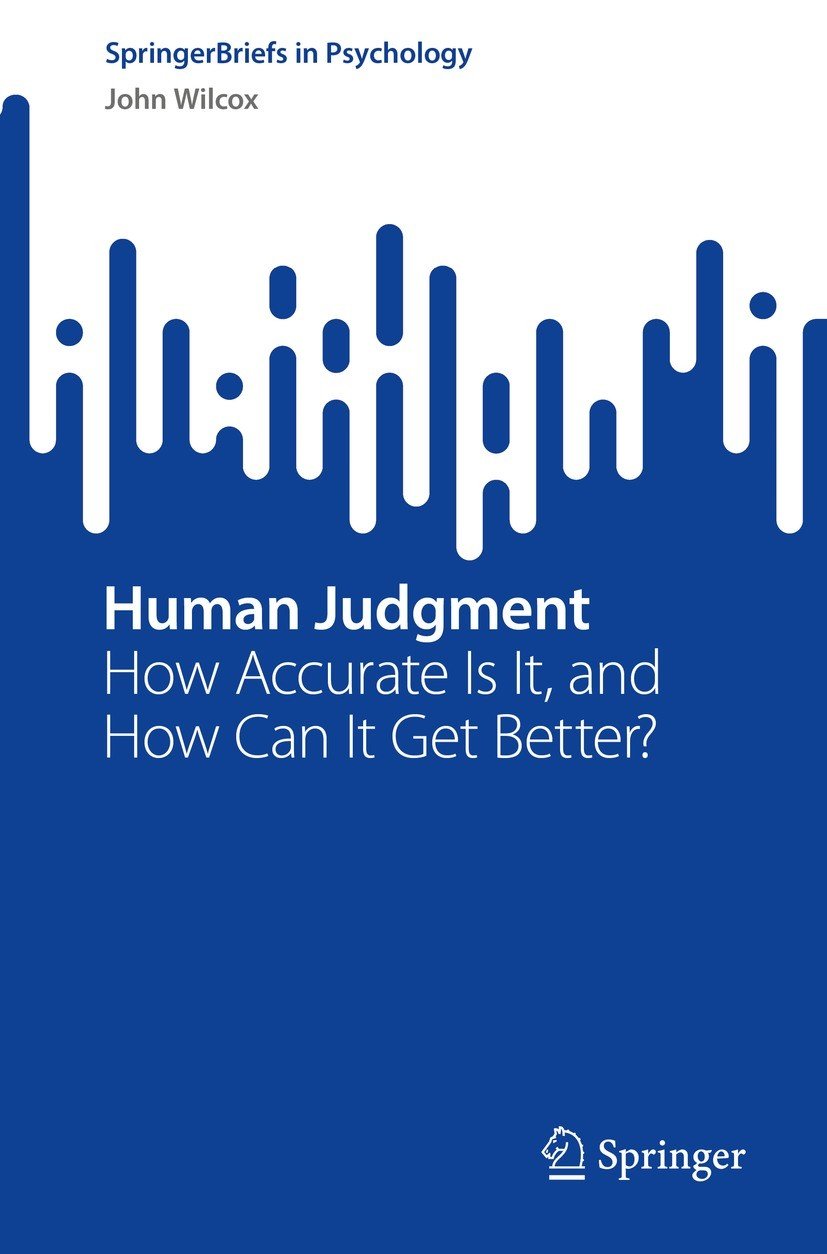
Human Judgment: How Accurate is it, and how can it get better?
fp21 researcher and Stanford cognitive scientist, Dr. John Wilcox, publishes a new book, “Human Judgment.” The book concerns two topics to do with human judgment: How accurate is it, and how can it get better? Two noteworthy implications emerged from the research: one pessimistic, and one optimistic…

Forecasting in Policymaking: Beyond Cassandra
Dan Spokojny: All policy decisions are built on assumptions about the future. Yet many of the assumptions underlying policy pronouncements remain ambiguous and under-evaluated. Formalizing these assumptions can allow us to test the quality of our policy process and potentially improve its effectiveness. This post develops and evaluates four models for integrating forecasting methods into the policymaking process.
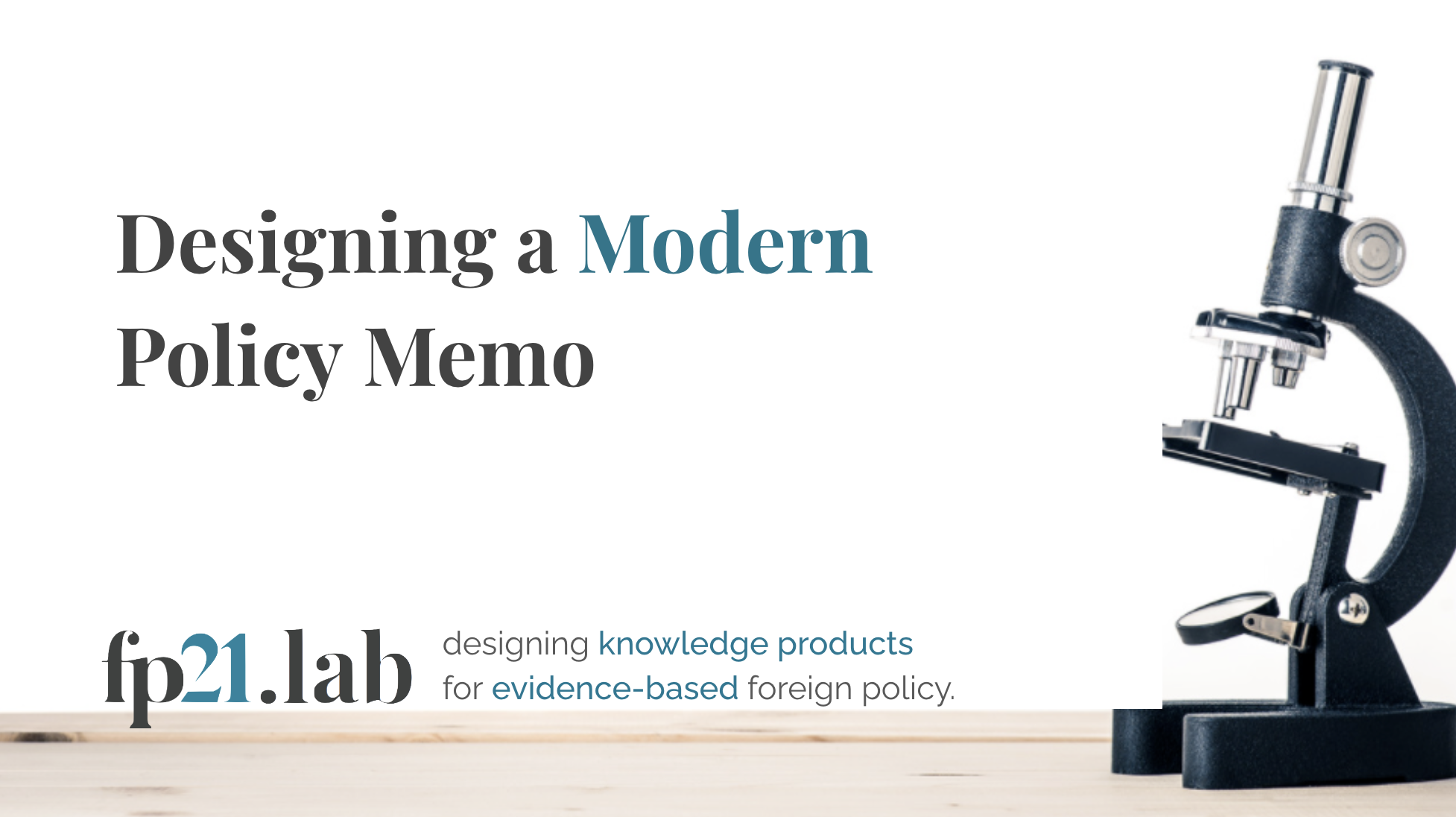
The Bayes Brief: Designing a Modern Policy Memo Process
Alex Bollfrass & Ellice Huang: Respected State Department observers complain that “clearance hell” weakens American diplomacy. The Bayes Brief re-imagines the humble policy memo and clearance process by capturing and summarizing evidence in a systematic format conducive for policy success in the information age. It is a simple intervention into the policy process that could positively impact the effectiveness of U.S. foreign policy.
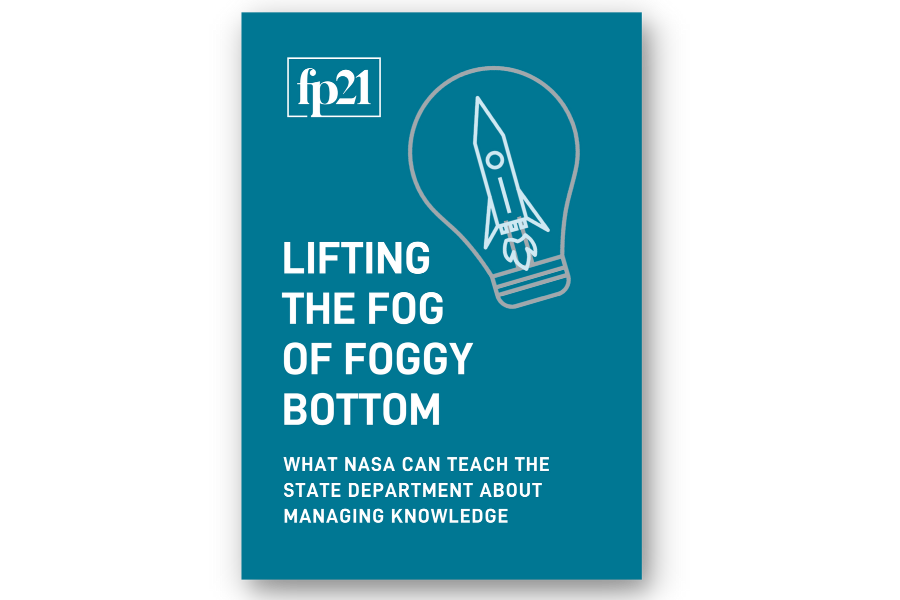
Lifting the Fog of Foggy Bottom: What NASA Can Teach the State Department about Managing Knowledge
This report explores how knowledge management can transform diplomacy. By prioritizing knowledge as its most important strategic resource, the State Department can make more effective policy, improve productivity, and build a learning-centric culture.

Congress Orders Changes for State Department in New Authorization
Dan Spokojny: The new State Department Authorization recently passed by Congress and signed into law by President Biden includes some meaningful changes for diplomacy and international relations. The legislation advances new authorities and requirements across training, workforce issues, hiring and promotions, and internal security issues. Let’s take a closer look:

The State Department Authorization Act: More than A Seat at the Grown-Ups’ Table During the Holidays
Lindsey Michele: Congress has just passed the State Department Authorization Act for the 2nd time in almost 20 years. Returning State Authorization to a yearly habit – and the requisite oversight it requires – is essential for a healthy foreign policy. The alternatively is haphazard and ad hoc oversight which contributes to haphazard and ad hoc policy.

Reflections on the American Diplomacy Project
Lindsey Michele and Dan Spokojny: When eight of the most experienced and accomplished diplomats alive write a report about how to revitalize the State Department, we must listen. Their work represents a coalescing and deepening of the recommendations from a number of the most influential State Department-focused institutions. Yet, we wonder: How can the authors both recommend that FSOs assume more authority and that State Department training is woefully inadequate?

The State Department’s New Strategy Prioritizes Evidence-Based DEIA
Rachel George and Beverli DeWalt: The State Department just announced its five-year strategic plan for Diversity, Equity, Inclusion, and Accessibility (DEIA). The strategy, led by the new Office of Diversity and Inclusion, commits to an evidence-based approach to diversity. This emphasis on evidence in the new strategy lays a necessary foundation for ensuring that diversity efforts have their intended effects, and, critically, that they do no harm.
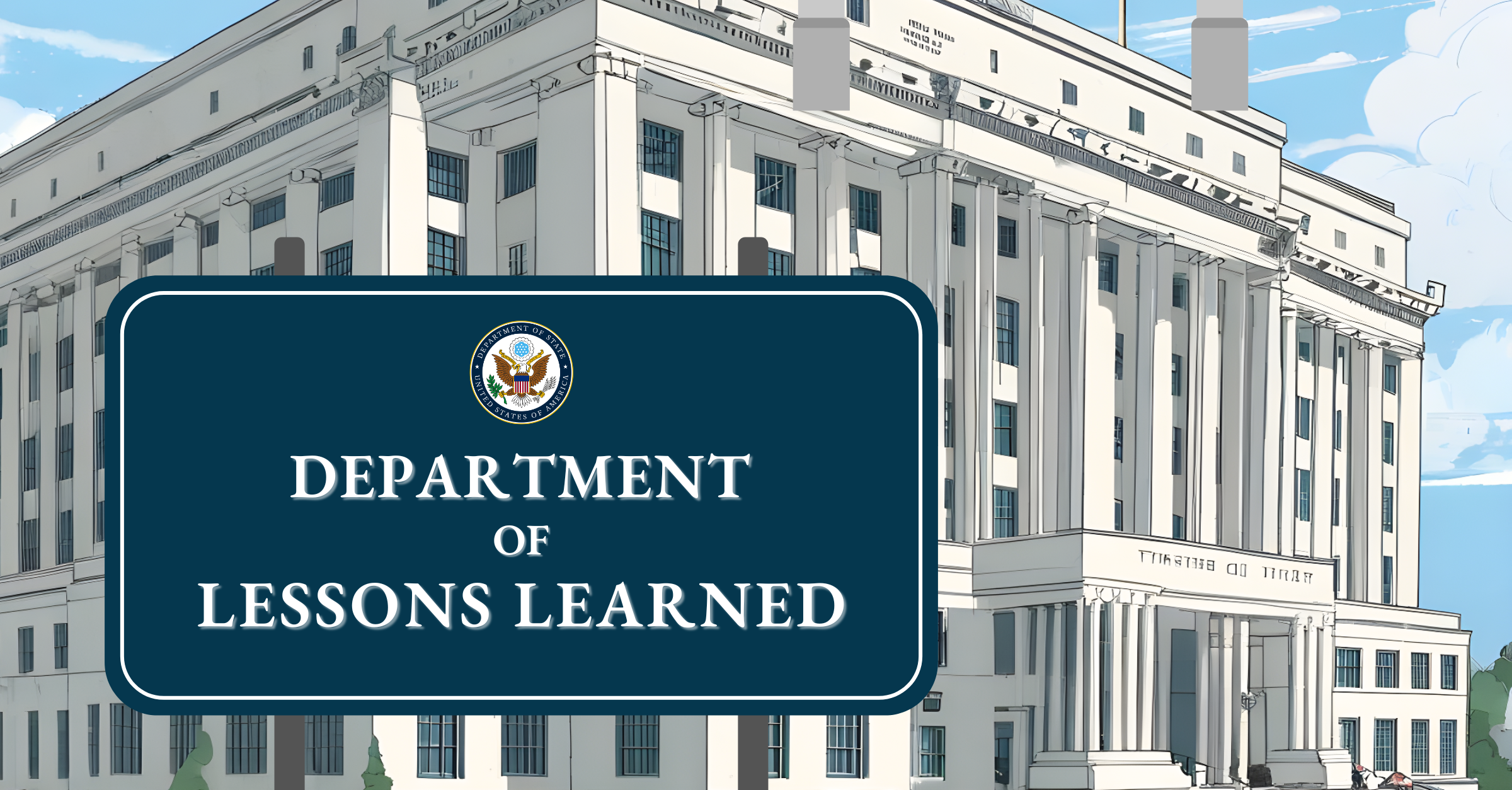
Making “Lessons Learned” Stick

ChinaTalk: Moneyball and US State Department
Wouldn't it be nice to have a world where important policy decisions were decided based on evidence and data rather than narratives and turf battles? Jordan Schneider sat down with Dan Spokojny and Jon Bateman to discuss the current failings of contemporary U.S. foreign policy and how to fix these failings.
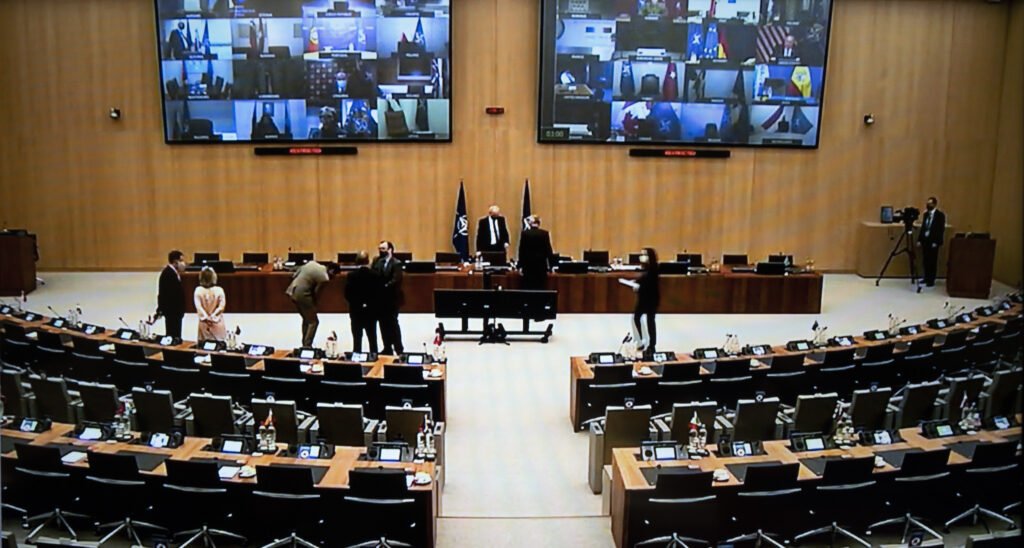
Doctrine for Diplomacy: To Remain Relevant, the U.S. State Department Needs a New Statecraft
Dan Spokojny: Many diplomats suggest that policy effectiveness arises from an elusive combination of good judgment and hard-earned experience. But good foreign policy must be more than simply a matter of taste. The military has doctrine. The intelligence community has tradecraft. Diplomacy has not kept pace. It is time to start treating the conduct of diplomacy as a profession with its own standards, methodologies, and skills: statecraft.

The U.S. Should Practice What It Preaches on ‘Good Governance’
Rachel George: Washington’s emphasis on good governance in fragile states requires more attention to institutional modernization at home. The coronavirus pandemic and myriad new global challenges have highlighted the importance of addressing the fractures and failures within the U.S. agencies tasked with implementing US foreign policy. The disconnect between applying good-governance principles at home as cohesively as they are being promoted abroad is glaring given U.S. expertise on adaptive management in the effort to enhance global stability and resiliency.

Let's Get Serious about Research for Diplomacy: A proposal for a foreign policy-focused FFRDC
Dan Spokojny & Alexandra Blum: The Department of State has a knowledge problem. Few diplomats have the time or training to conduct serious research, nor is any office dedicated to answering central questions like, “When does U.S. diplomacy work?”. The State Department requires help answering such ambitious and vital questions. To fill this gap, we recommend State sponsor a new Federally Funded Research and Development Center (FFRDC) for U.S. foreign policy.

State Department Data Requires Oversight to Avoid Digital Anarchy
Dan Spokojny: Rapid progress on data at the State Department is turning up some pain points. Data scientists struggle to access the information they need in a timely fashion. Tangled and outdated legal authorities tie the hands of analysts trying to collaborate. Valuable data sets collected or purchased by one office are not accessible to other offices. And an archaic IT infrastructure held together with duct tape makes diplomacy’s information superhighway feel more like a dirt road. To avoid digital anarchy, Congress should give State’s first-ever Chief Data Officer (CDO) oversight over all of State’s data resources.
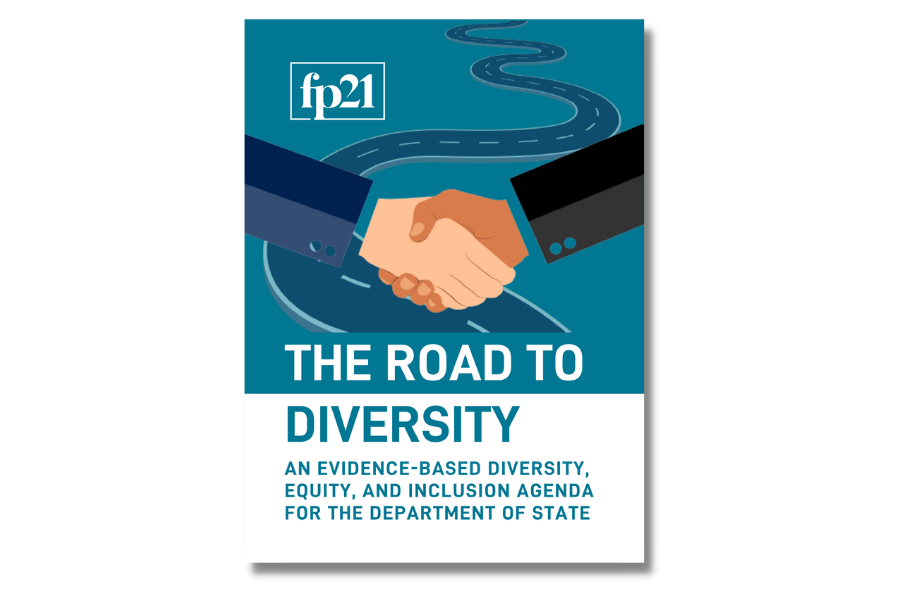
The Road to Diversity: An Evidence-Based Diversity, Equity, and Inclusion Agenda for the Department of State
This report deepens our understanding of the research on workplace diversity, equity and inclusion (DEI) initiatives and build a strong foundation of evidence for policymakers to use. We evaluate the most common recommendations to improve DEI based on the best-available evidence in organizations, categorizing each recommendation based on its likelihood of success according to the research.

It’s Official: All Foreign Service Officers Must Learn Data
Dan Spokojny: The State Department will now be evaluating foreign service officers on their proficiency in data collection, analysis, and decision-making following an update to the decision criteria for tenure and promotion. This change to the core precepts reflects the Department’s recognition that data skills are an indispensable part of every leader’s toolkit in today’s information economy.

